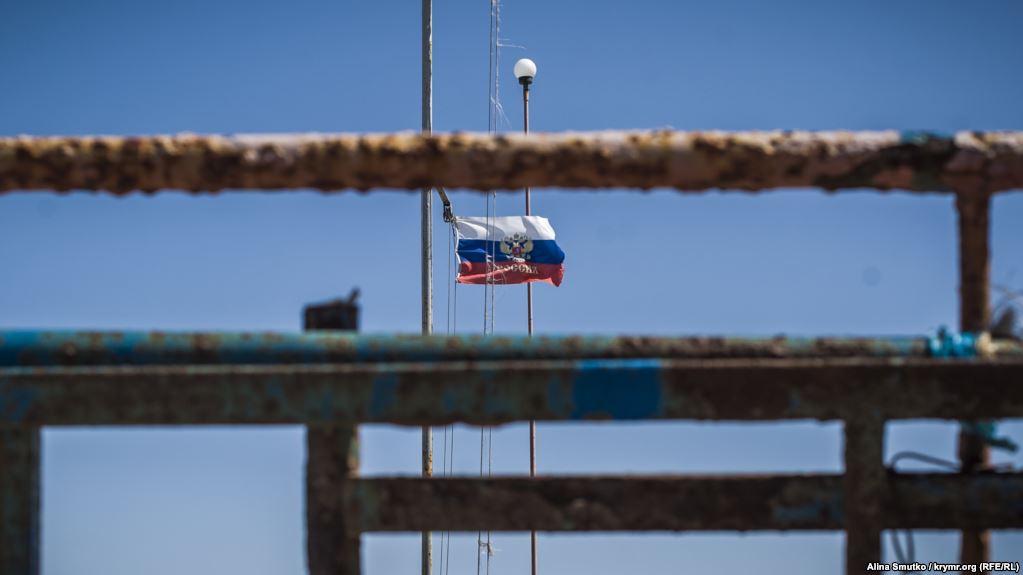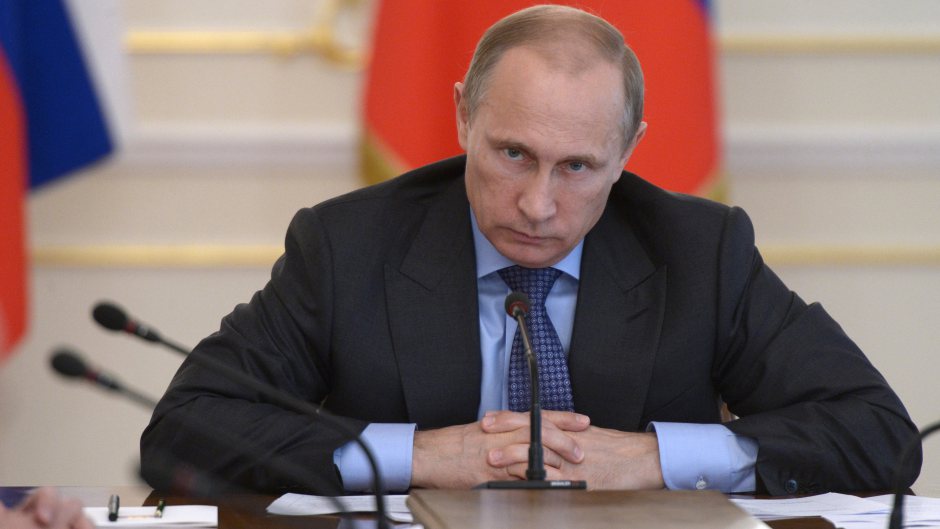Vladimir Putin’s essay about Russia and Ukraine is about far more than that, Grigory Yavlinsky says. It is about Russia’s relations with all the other former Soviet republics, it is about Russia’s relationship with the rest of the world. And it is about Russia itself and its increasingly archaic approach to all questions.
The only hope one can have, Yavlinsky says, lies in the fact that Moscow has never signaled its intentions to go to war and that what would have been a declaration of war in the past is now something else, a mobilizational tool at home that may or may not lead immediately to military action. Putin’s remarks reflect his lack of a strategy in general and his extremely short time horizon. He acts without thinking about longer term consequences and lands Russia in ever more difficulties because of that and despite whatever short-term goals he may achieve. Seizing Crimea may have been popular but its cost to Russia was far greater than any benefits. “The lack of understanding of the lessons of history and the demands of the time” are obvious in Putin’s essay. Its “ethno-cultural nationalism, chauvinism, nomenklatura approach, and lack of respect” for others at home and abroad condemn Putin and, as long as he is in power, Russia and Russians to ever more serious defeats.According to Putin, war in one form or another against Ukraine is entirely justified because it is in “the interests of Russia and ethnic Russians on the territory of Ukraine.” His words are intended to mobilize Russians around “an aggressive chauvinist imperialism on the basis of dangerous ethnic nationalism.”
To move forward, Russia and Russians must not only reject these principles but correct the mistakes Putin has made. They must revisit the question of Russia’s Anschluss of Crimea and its aggressive policies in the Donbas. And they must recognize that Russia’s only hope for a better future lies in ties with Europe rather than splendid isolation. “The chief political meaning of the first half of the 21st century,” Yavlinsky says, “is in establishing a Russian-European world based on values, freedom, respect for life, life without fear, the promotion of technical progress and all the things which define human consciousness today.” By releasing his essay just before the Duma elections, Putin has unwittingly given Russians the chance to vote for that future and against the past that the Kremlin leader wants to restore. They need to vote against his party and the other systemic parties and vote for Yabloko and those who stand for a European future.“The model which present-day Russia offers to its neighbors is in essence that of the Assad regime,” one based on force alone rather than on any dialogue or respect for international law and moral principles. As such, it is an attempt to return to the time of Stalin and is doomed to fail because that time is past.
Putin may ignore them if they do, but history won’t. And they will have taken an important first step to rejoining the world of the 21st century rather than taking part in Putin’s already failed effort to take Russia back to Stalinism or some form of rule even more archaic than that.
Related:
- Putin’s tale about unity of Russians and Ukrainians prompts Kazan scholar to speak about real unity of Turkic peoples
- Putin’s fixation on Ukraine is demagogic, delusional and dangerous
- Putin’s new article – ‘ideological justification for a future war,’ Pastukhov says
- Why the West should be paying close attention to Putin’s article
- Vitaly Portnikov: For Putin, Ukraine does not and will never exist
- Putin offering Ukraine same deal Stalin offered West Germany in 1952, Piontkovsky says
- Putin’s penchant for drawing and crossing ‘red lines’
- Putin believes only annexing Ukraine will allow Russia to be a superpower without harm to its ethnic Russian core, Eidman says





